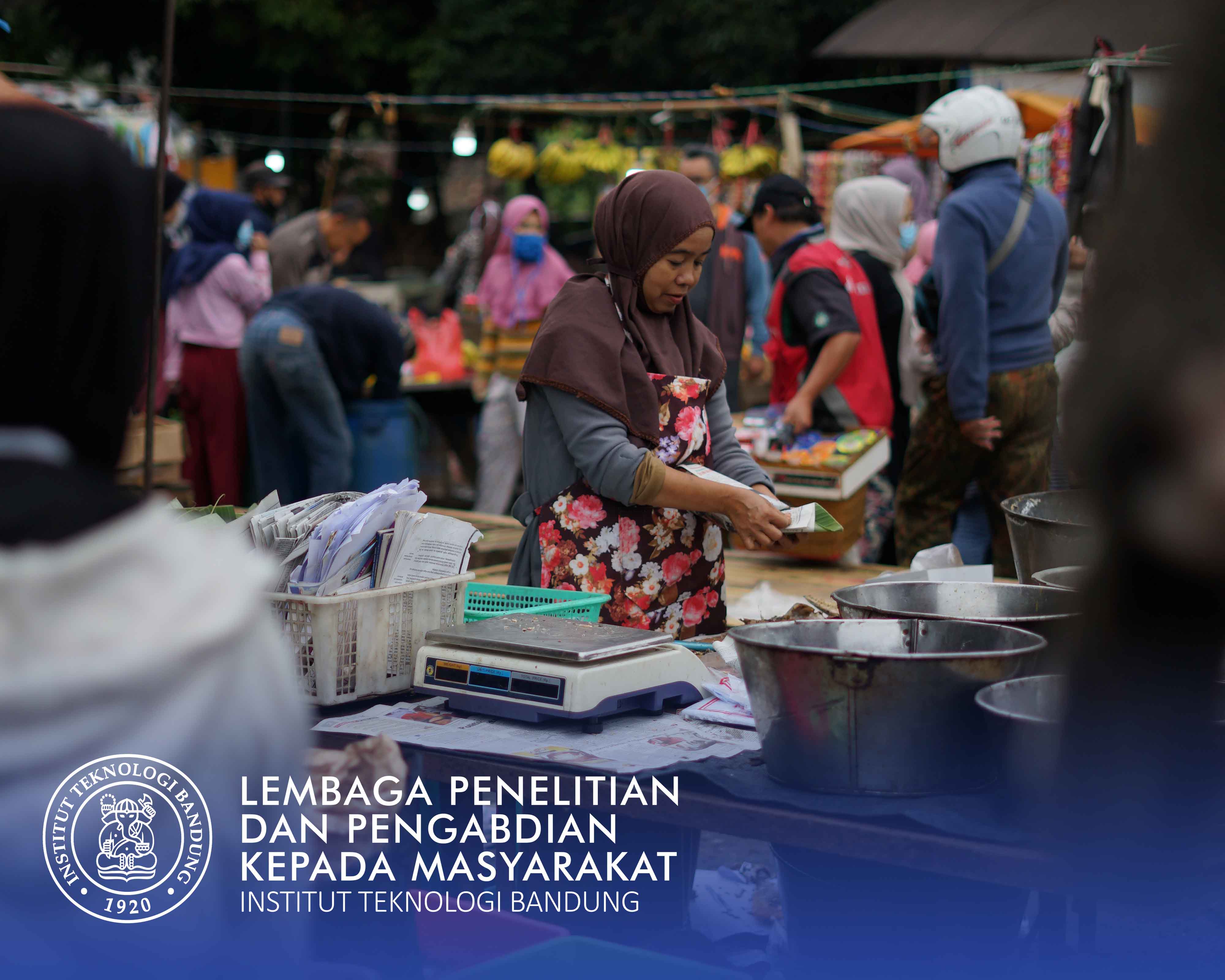

Ramadhani Eka Putra
One of the ideals of nation development is to improve the welfare and quality of life of the community. In an effort to achieve this, an assessment of the level of village development is carried out, known as the Village Development Index (IDM). This index divides villages into several groups based on the level of development progress from very underdeveloped villages to independent villages. Universities as centers of education and research can play a role in improving the status of villages, which is the aim of this community service program. In this program, one underdeveloped village is selected which has access to natural resources but has not been developed optimally. The villages chosen were villages in the Goal area, East Sahul, West Halmahera. This village is a coconut producer in collaboration with PT. Dewacoco as product buyer. PT. Dewacoco with Amati Indonesia as a sustainable, biodiversity-based youth and business development organization intends to increase the capacity of village residents to accelerate development in order to change the status of villages from underdeveloped villages to developing villages. To achieve this goal, these two institutions involve the Bandung Institute of Technology as the main partner.
In this activity, the focus of village development is based on the basic capital owned by the village, namely natural resources and local residents. Based on this, the approach taken is the application of science and technology related to biological resources as well as the application of knowledge related to environmental services and biomass production systems based on biodiversity utilization. With the concept used being the use of local resources, this activity will most likely involve local educational and research institutions, namely STPK Banau and Aketajawe Lolobata National Park. Apart from providing guidance regarding modifications of technology and approaches, local institutions also play a role in a more intensive mentoring process as an extension of ITB.
The technology that will be transferred is the result of research by the ITB team which has been tested in several regions in Java West and surrounding areas, West Sumatra and Lampung such as coconut pollination technology, coconut beetle traps, production of planting media based on coconut production residues, organic waste processing bucket technology, animal feed production from organic waste bioconversion processes, cultivating stingless honey bees and its derivative products, water filtering and harvesting technology and regenerative agriculture.
Introducing technology-based agricultural practices. Introducing organic farming practices and making simple organic fertilizer. Introducing post-harvest processing practices for coconut products. Introduction to agricultural and household waste processing using insect larvae
"1. Benefits for families - Application of knowledge developed from research results at the KK level - Obtain information related to technology adoption and biological resource management 2. Benefits of F/S bags - Produce new collaborations with universities in Eastern Indonesia - Obtain information related to the possibility of developing new science and technology related to life sciences 3. Benefits for the Bandung Institute of Technology - Needs a network in Eastern Indonesia - Demonstrate the contribution of universities in increasing the acceleration of technology adoption to improve the quality of life 4. Benefits for Indonesia - Accelerate the process of accelerating development through accelerating understanding of science and technology 5. Benefits for the World - Obtain information that can be developed for strategies to accelerate technology adoption that are more targeted in areas with similar characteristics."